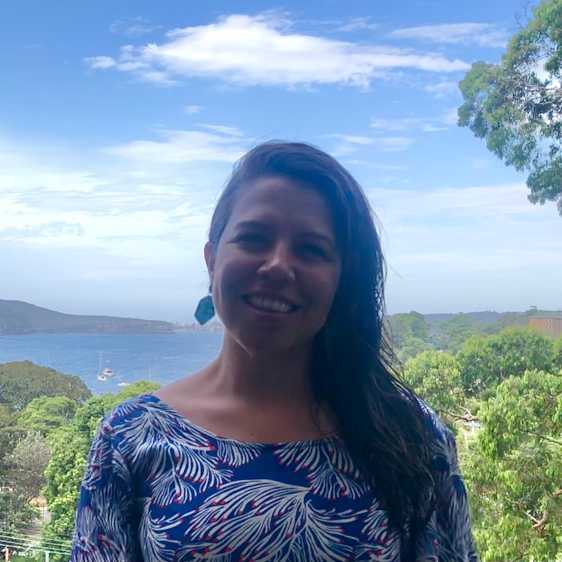Vita
2025 – today
Senior Scientist at HIFMB/AWI, Oldenburg
2022 – 2025
Postdoctoral Researcher at HIFMB/AWI, Oldenburg
2021 – 2022
Research Fellow at the School of Geography, Earth & Atmospheric Sciences, University of Melbourne, Australia
2018 – 2021
Research Assistant at the School of Geography, University of Melbourne (2018 – 2021); School of Humanities and Languages, University of New South Wales (2020); and the Global Studies Program, University of Technology Sydney (2018), Australia
2013 – 2018
PhD in Human Geography at the School of Geography, University of Melbourne, Australia
2009 – 2012
MSc in Biological Sciences at Universidad de los Andes, Colombia
2005 – 2009
BSc in Biological Sciences at Universidad de los Andes, Colombia
Research Interests
My research uses a political ecology approach to study how regional political economic processes produce environmental governance institutions, power/knowledge dynamics, and territorial struggles. I am currently working on law enforcement, criminalisation, and the search for justice at sea. My work examines marine governance processes focusing on historically marginalised coastal communities. I have also explored the importance of networks of activists in disaster management. I draw inspiration from anti-colonial, anti-racist, and feminist thinkers, learning and working from my own research praxis to challenge ahistorical spatial configurations and open space for relational and spatialised understandings of justice at sea.
Projects
Spatialised understandings of enforcement and justice at sea: to continue to conduct the specific, embedded, place-based work that critically considers interactions of people with marine governance discourses and techniques, including policy reforms and management strategies to assess their implementation and where they may both inadvertently and deliberately, work to isolate, marginalise, and indeed criminalise coastal dwellers, focusing on fishing communities. In developing this goal I contribute to the following funded research projects:
Fishy crimes: addressing impunity and injustices in the fight against fisheries-related violations (funded by the Partnership Development Grants from the Social Sciences and Humanities Research Council of Canada): This global and transdisciplinary research project is analysing the governance of illegal fishing with case studies across all continents.
Justice in fishing territories (funded by the Danish Institute for Human Rights): This interdisciplinary research project uses a human rights-based approach to examine the pursuit of environmental and social justice at sea of fishing communities in the Caribbean coast of Colombia.
Healing Juntanza: Counter-Mapping Interethnic Feminist Geographies in Colombia (funded by the Right to Discipline Grant from the Antipode Foundation): This transdiciplinary activist-research collaboration focuses on interethnic and collective healing pathways for coastal women in highly violent contexts.
Highlighted publications
Paula Satizábal*, Isabel Cornes*, María de Lourdes Melo Zurita, and Brian R Cook. 2022. The power of connection: navigating the constraints of community engagement for disaster risk reduction. International Journal of Disaster Risk Reduction, 68: 102699. Shared first authorship. DOI: 10.1016/j.ijdrr.2021.102699
Paula Satizábal, Philippe Le Billon, Dyhia Belhabib, Lina M Saavedra-Díaz, Isabela Figueroa, Gina Noriega, and Nathan J Bennett. 2021. Ethical considerations for research on small-scale fisheries and blue crimes. Fish & Fisheries. DOI: 10.1111/faf.12590
